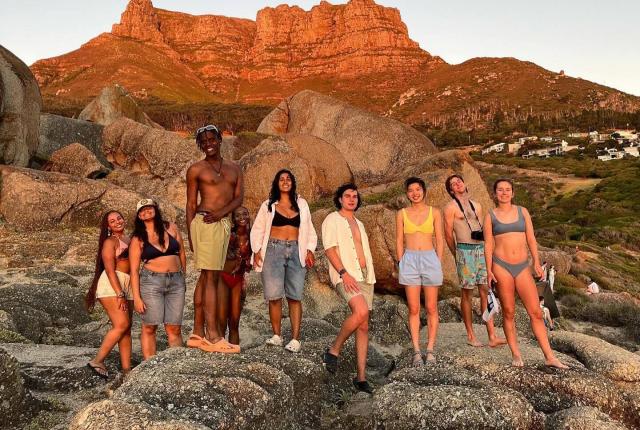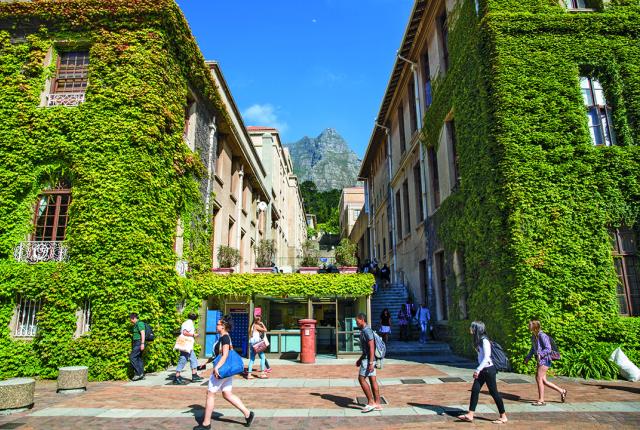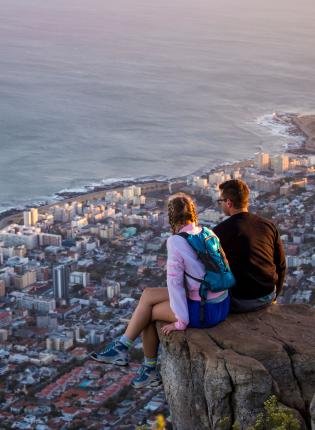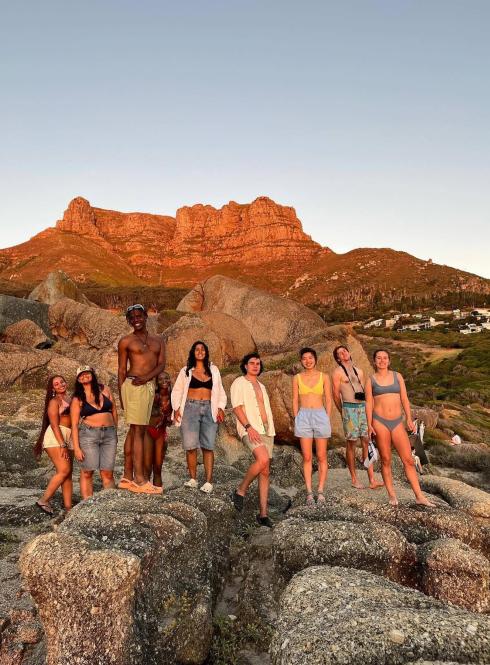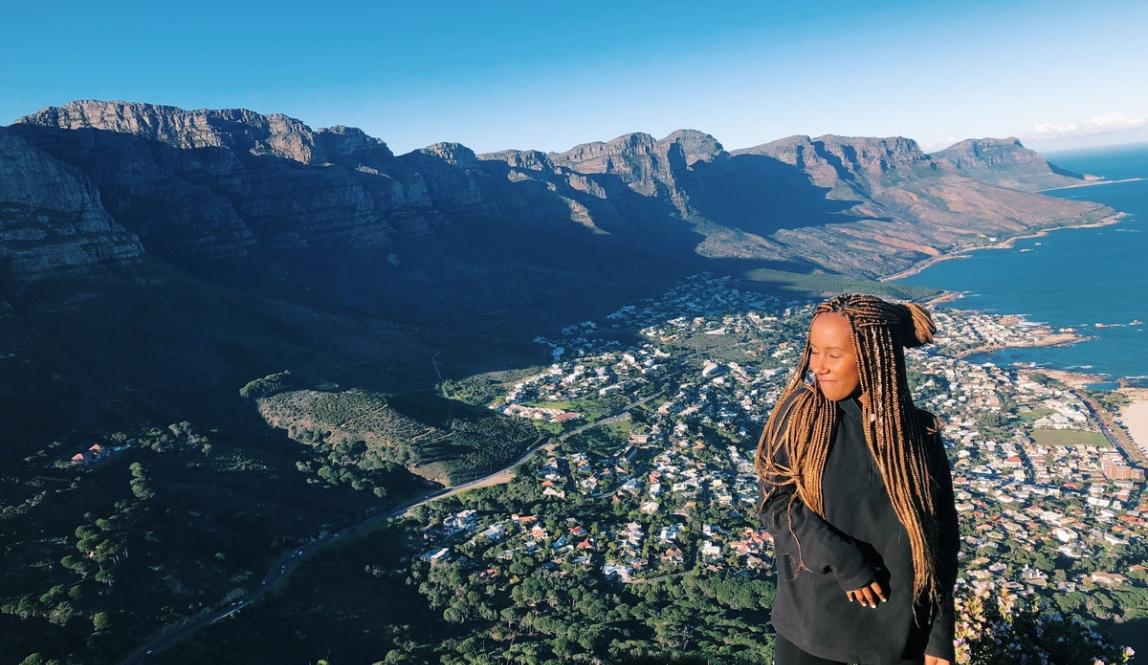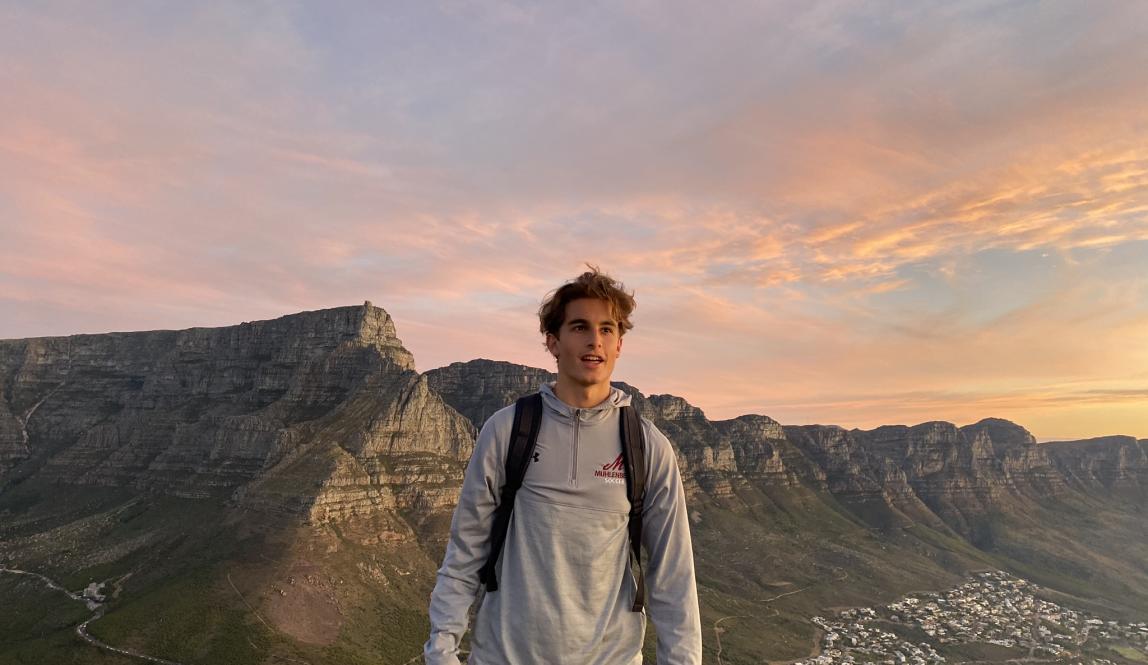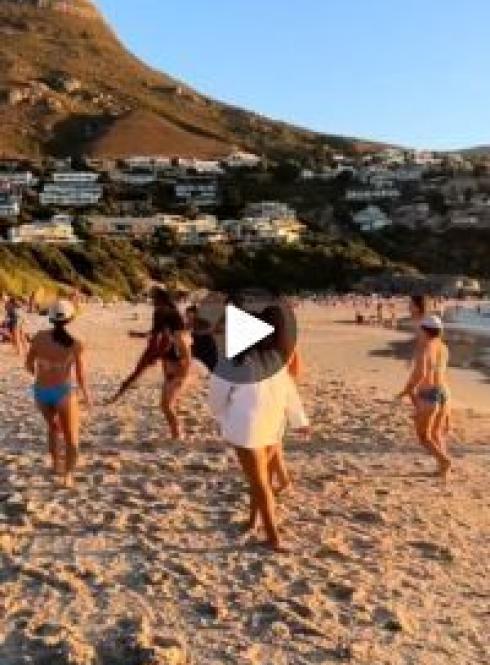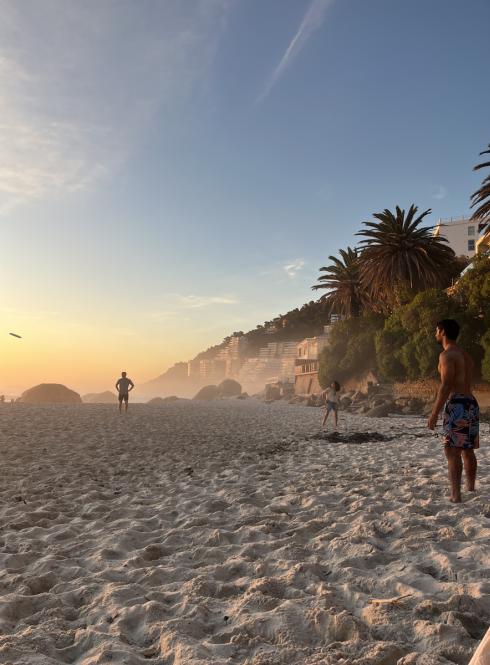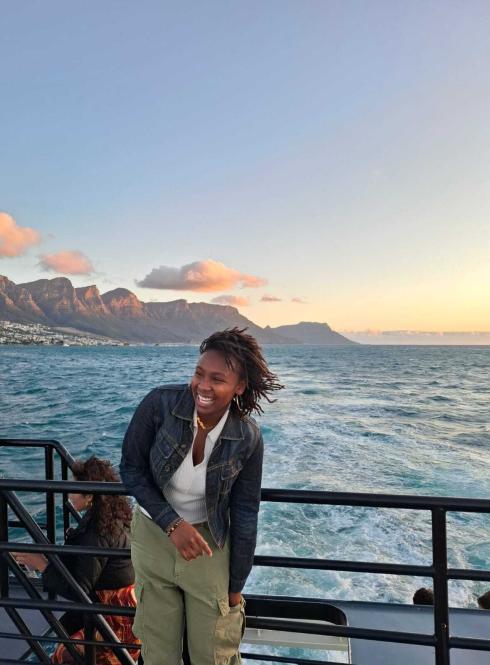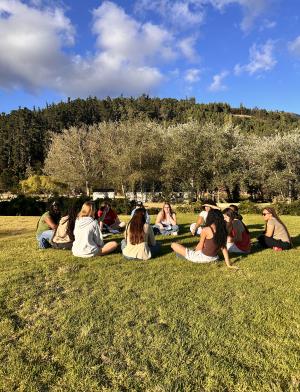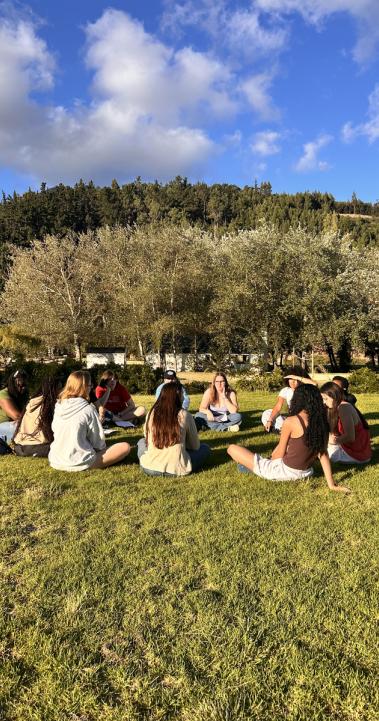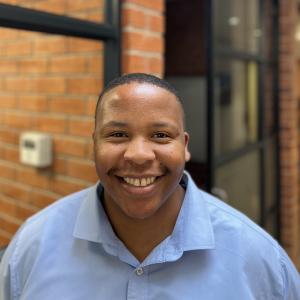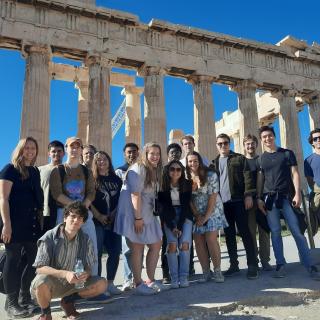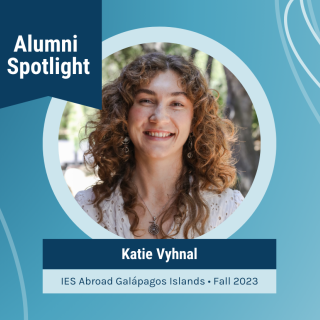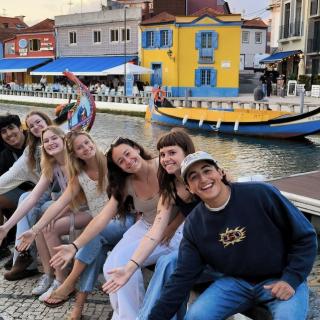What to Expect in Cape Town
Don’t miss the once-in-a-lifetime chance to study abroad in Cape Town, one of the most beautiful cities on Earth—recently named the #1 place to go by The New York Times.
But there’s more to Cape Town than its beauty—its dynamic society is ever-changing and growing, and you can witness it first-hand. We know you’ll agree that your Cape Town study abroad experience will make you feel like you’re on top of the world and we can help you get there, whether that means interning full-time, studying health, or immersing yourself through direct enrollment at the University of Cape Town.
Immerse yourself in South African culture and explore one of the most diverse environments in the world with one of our Cape Town study abroad programs!

